Is Vinyl Flooring Toxic? Shocking Truths You Should Know 2024
Is vinyl flooring toxic? The answer to this question is a bit complicated. Looking for an affordable material to fit the budget is hard, but ensuring the product’s quality is even more stressful.
If you want to use vinyl flooring, I will advise you on choosing a suitable material. Also, you can look at some great alternatives that could even out-perform vinyl flooring.
Well, I think that is enough with the delay; let’s clarify if vinyl flooring is toxic or not.
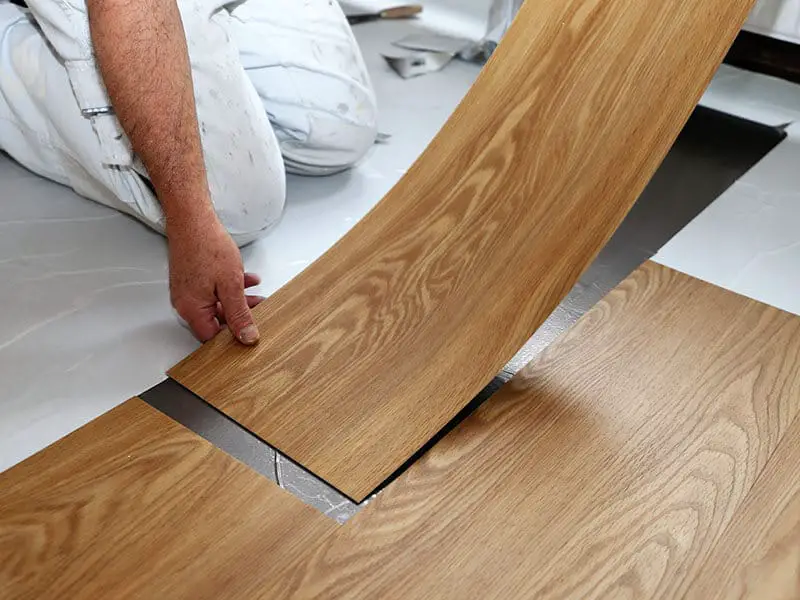
Vinyl Flooring – A Durable And Common Flooring Type
Vinyl flooring is a petroleum-based synthetic product that is made from polyvinyl chloride (PVC) resin. Other additives like plasticizers, stabilizers, and pigments are added to make vinyl more durable and might last for around two decades.
If you love wood-like floors but are afraid of the inconveniences of protecting the wood from moisture, vinyl flooring is a great alternative. The material has an excellent water repellent ability, and it can mimic the wood surface flawlessly.
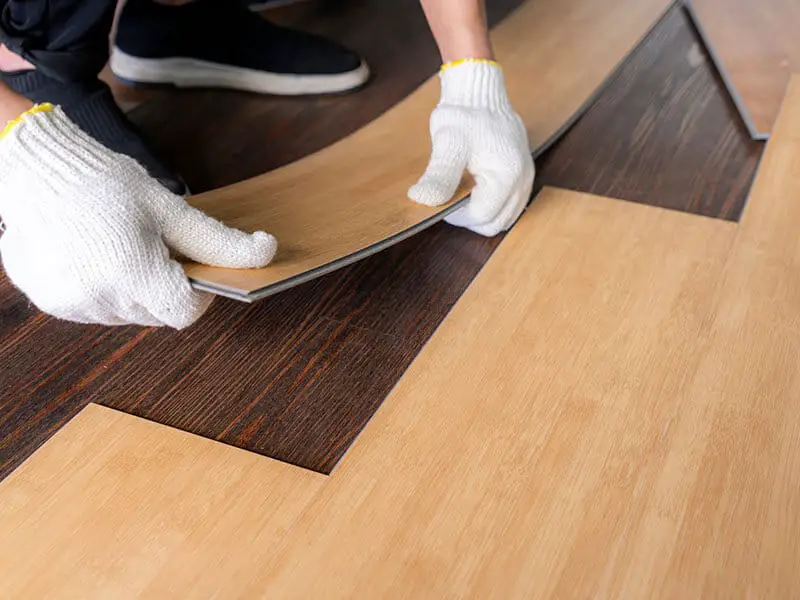
Plus, vinyl flooring is always available at an affordable price compared to wooden floors. As a manufactured product, vinyl flooring comes in various choices for textures, colors, and styles.
Don’t confuse vinyl and laminate flooring. While vinyl flooring is made from 100% manufactured materials, laminate flooring contains natural wood. As a result, laminate flooring has some natural wood features, whereas vinyl floors just replicate the wood appearance.
So, Is It Toxic?
Unfortunately, yes. Phthalates (PVC softeners) in common vinyl flooring take up to 60% of the finished floor, which is responsible for many breathing problems and reproductive health issues such as asthma and rhinitis, specifically DEHP (diethylhexyl phthalate).
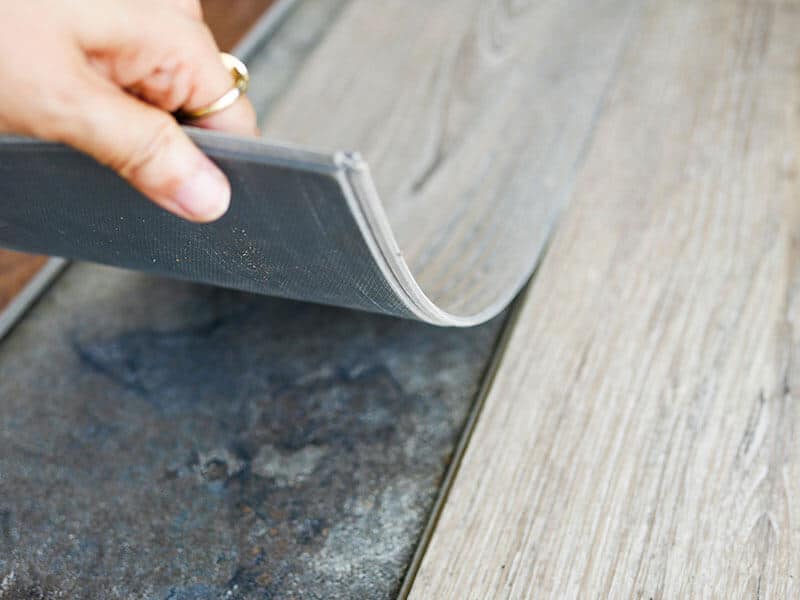
If you are going to raise animals, be aware that the phthalates content in vinyl floors could cause negative effects on your pets’ metabolites (1). Also, exposure to PVC softeners can lead to tempered reproductive function in your lovely pets.
Another problem with phthalates in vinyl flooring is that they can emit volatile organic compounds (VOCs) for a few days after installing. When inhaling VOCs over time, you might have health issues related to your respiratory system.
Infants usually crawl or lie on the floor, especially when they start learning how to stand; they are more likely to be exposed to harmful phthalates (2). As a result, your kids can be the most vulnerable victims of the destructive chemicals in vinyl flooring.
Worst, as children’s bodies are relatively small, just a tiny amount of toxins could lead to severe problems. During the pregnancy and breastfeeding period, a woman who is badly exposed to phthalates could make their kids have allergic asthma.
Are There Non-Toxic Vinyl Flooring?
Luckily, modern vinyl plank flooring is now causing almost no harm to you. This is because most vinyl flooring manufacturers have removed the phthalates added in their products.
However, for further assurance, you should choose non-phthalates vinyl material or flooring labeled as non-toxic. The following suggestions are the best vinyl flooring for you.
Luxury Vinyl Plank (LVP) And Luxury Vinyl Tile (LVT)
These types of vinyl flooring have a core, either a WPC (Wood Plastic Composite) core or an SPC (Stone Plastic or Polymer Composite) core. Both types can provide excellent waterproof (100%)
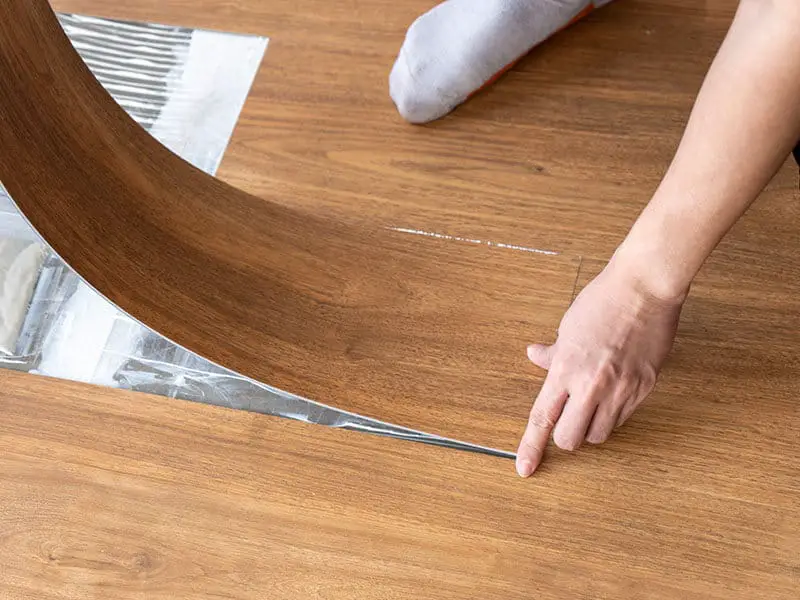
As its name, LVP and LVT are considered as the highest quality type of vinyl flooring with outstanding endurability. These vinyl floorings are harder, with many layers attached to strengthen the material.
Another advantage of using LVP and LVT flooring is that they can regulate their surface temperature. This means that even in the winter, the floor will give your feet a warm feeling instead of cold and freezing.
Like other types of vinyl floors, LVP and LVT are really affordable. Plus, LVP mimics the wooden surface flawlessly while LVT has the appearance of natural stones. This gives you a whole lot of options to create a natural-like living space without spending a huge budget.
A comparison between luxury vinyl plank and laminate flooring to help you make up your mind. You can see this video to know more:
Should I Choose WPC Or SPC Core Vinyl Floors?
That said, vinyl floors that have either WPC or SPC cores will be thick, rigid, and of course, endurable. Depending on your needs, pick the core that is suitable for your house. Look at the table below for a detailed comparison.
Both WPC and SPC cores come at an affordable price, although the WPC’s price might be a little higher compared to SPC. SPC has a harder and denser core than WPC, so the SPC core is more durable.
In terms of moisture resistance, both types of vinyl flooring are 100% waterproof from below and above. WPC out-performs the SPC in keeping a warm temperature inside the core so you won’t have a cold feeling when stepping on the floor in the cold weather.
Vinyl Plank
Resilient vinyl plank, or in short, vinyl plank, is a little thinner than LVP or LVT. This type of vinyl flooring is flexible and can be glued down easily when installing.
Both LVP (or LVT) and vinyl plank release fewer VOCs (Volatile Organic Compounds). But vinyl planks tend to reduce even fewer VOCs than LVP. You need to choose the glue that the floor’s manufacturer recommends to guarantee no VOC is released.
Useful advice on choosing non-toxic vinyl flooring for your house is right here!
Helpful Tips To Avoid Picking Toxic Vinyl Flooring
Here is some valuable advice on selecting the best vinyl flooring for your delightful home. Read carefully to make sure that you pick the affordable and non-toxic types of vinyl flooring.
Know The Manufacturers
In recent years, most manufacturers have chosen to produce phthalates-free vinyl flooring. However, it is not 100% the case; before choosing any vinyl floor, you have to know the manufacturer thoroughly.
Understand clearly where the material is made to make sure that your vinyl floor is brand new, not recycled vinyl. Choose the most credible vinyl floor manufacturer in the market. Ask them about the content of the products and the best conditions to install them.
Check The Underlayment Of LVT
The underlayment is a plastic layer in the making of vinyl flooring; however, some manufacturers make it from cork. Avoid choosing vinyl flooring with cork underlayment because it will add more VOCs to the final product.
This layer contains antimicrobials, and you can ask the producer to add another layer (if allowed) to make your vinyl floor thicker and cushiony.
Check For Volatile Organic Compounds (VOCs)
As mentioned above, the VOCs in the air have a direct link with some materials constructing vinyl floors. The original vinyl plank or LVP (LVT) does not emit this poisonous gas. So, make sure you choose a vinyl flooring that does not release the gasses.
For further assurance, when the floor has just been sealed, make your house well-ventilated for a week without any pet or human running around to let the VOCs go away.
Check The Polyvinyl Chloride (PVC) Softeners Quantity
Ensure that the manufacturer reduces the stain-resistance treatments on the vinyl floor and that no polyvinyl chloride (PVC) softeners are added during the manufacturing process. Always look for phthalate-free (bio-based plasticizers) vinyl flooring.
You can take a sample of vinyl floor and bring it to the lab and test for the harmful chemicals in the sample. This will guarantee you choose non-toxic material for your floor.
Any Signs Of Discoloration
The level of discoloration of the vinyl floor will indicate the toxicity in the materials. The toxic floor will discolor badly under the effect of the ultraviolet rays from the sun. The more the material fades, the more harmful it is.
Pros and cons of vinyl flooring you must know. Let’s see this video:
Other Safe Options For Flooring
If you want to seek more safe materials to make your house’s floor, below are some suitable options for you. Basically, most of these materials use sealants, adhesives, and cement backers, so they are safe and non-toxic.
Hardwood, Cork, Or Bamboo
First, let’s have a look at these natural options. Hardwood, cork, or bamboo floors are biodegradable and safe for allergies. Ensure that you pick non-toxic finishes for these floors to avoid any harmful chemicals added.
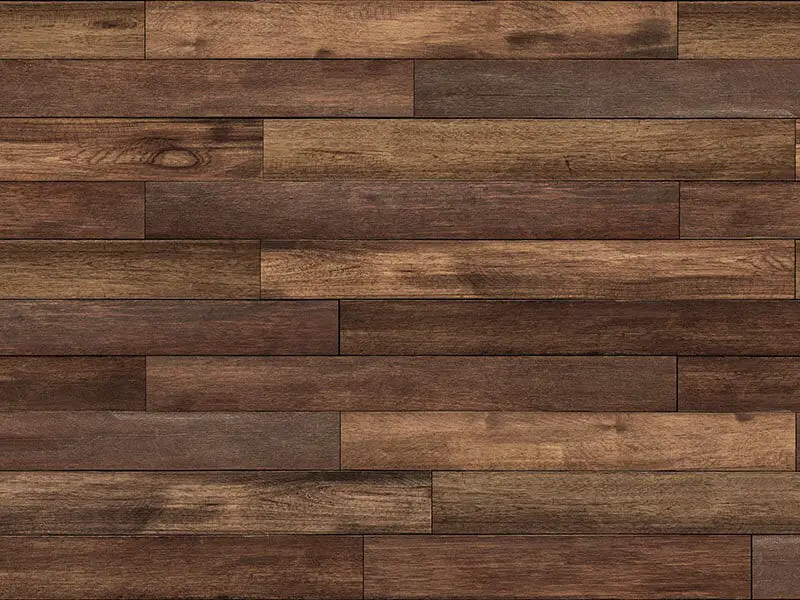
However, these materials will break down gradually into the environment at the end of their life cycle. This is not really bad, though, as these floors can last for decades and even last longer than vinyl floors.
Natural wood options are vulnerable to moisture, so be careful when cleaning the floor. Ensure that the manufacturer seals your floor carefully not to let the water penetrate and damage the material.
Carpet Flooring
Carpet flooring is a classic way to give the floor a nice, soft, and even warm feeling when touched. Although you might have heard several debates about the link between alleviating health problems and carpet, certain types of carpet emit fewer or zero VOC (3).
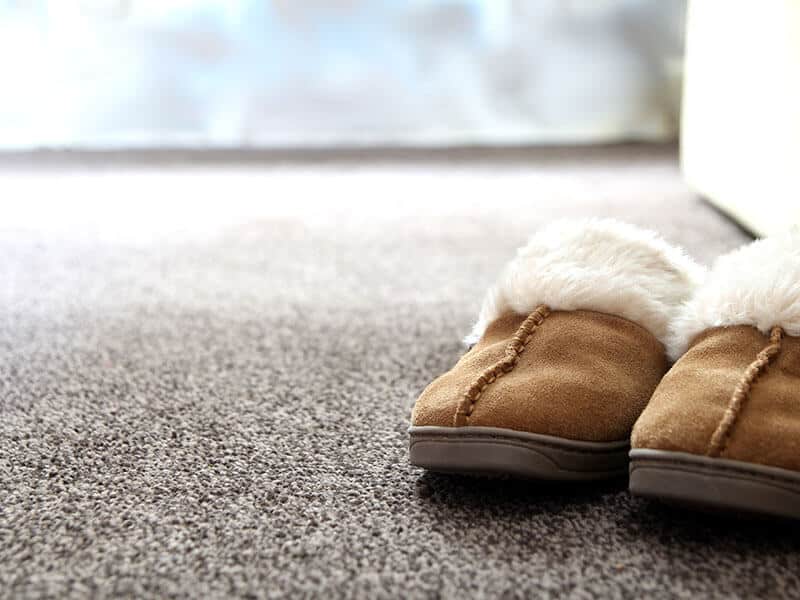
Using carpet as a floor will give you a quiet living space because it can absorb sounds. Unlike other hard floor materials, the soft surface of carpets can reduce noises and avoid echo.
The soft surface of the carpet is also considered safer for children. Hard floors might be slippery and could cause severe damages when falling. You only need to clean the carpet frequently and precisely to avoid buildups, dust, and bacterias.
Always make sure that you choose a new carpet because the old one could release harmful VOCs in your house.
Linoleum
Linoleum is an all-natural material that is made from linseed oil and other additives like cork dust and pine resin. Also, It is an eco-friendly flooring option that will decay naturally. Linoleum is a super endurable material that can stay for almost half a century.
Another plus point for linoleum is this material contains antibacterial properties that help prevent germs and harmful bacterias from growing and spreading. It is also hypoallergenic, so the material is suitable for sensitive skins.
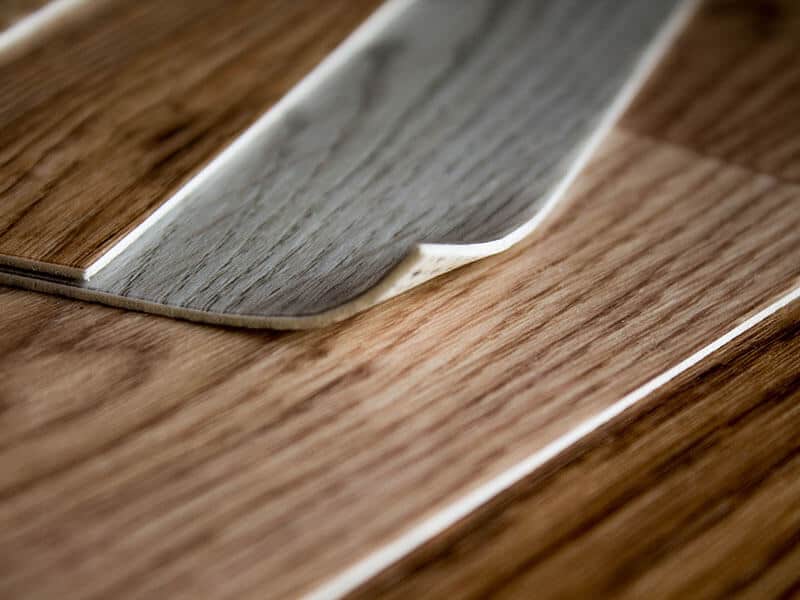
Amazingly, linoleum is a heat-resistant material. It won’t burn easily or and keep a cool temperature even during the scorching heat of summer. Cleaning linoleum is a pretty easy task; weekly chores with vacuum and mopping will keep the floor look like new.
Ceramic Tiling
Ceramic flooring can last around 10-20 years, depending on how you preserve the floor. After tiling properly with the grout, dirt, pollen, dust, or animal hair will be cleaned out easily. This reduces the harmful germs and bacterias in your house.
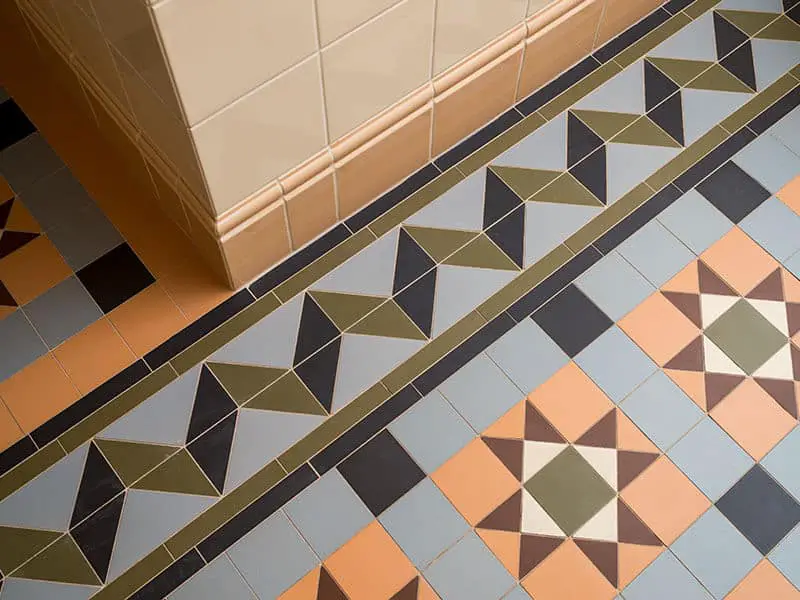
Ceramic is tough and hard; this material is not easy to crack, and even if one piece of ceramic does, you can replace it without any effort. This material has excellent water resistance, so it is usually applied in flooring bathrooms or kitchens.
Ceramic is also a fire and stain-resistant material. It does not absorb any moisture, so a simple wipe with cloth will do the trick even if you spill food on the floor. The material does not burn easily, so using it in the kitchen is a brilliant idea.
However, you should check for the type of grout and ventilation used in installing the floor because choosing the wrong materials could be harmful to your health.
FAQs
Choosing the suitable flooring material for your house can affect your family’s health for decades. So you have to understand deeply about the material; keep reading the following questions for more valuable information.
Choose The Best Material For Your House
Your floor affects every member living with you, even your pets. So, be careful while choosing the materials for making the floor. Always select the vinyl flooring from a reliable manufacturer to ensure the quality of the material.
Hey, if you have chosen the material, let other readers and me know your review about the material in the comment section. I really appreciate your contribution. Thank you!
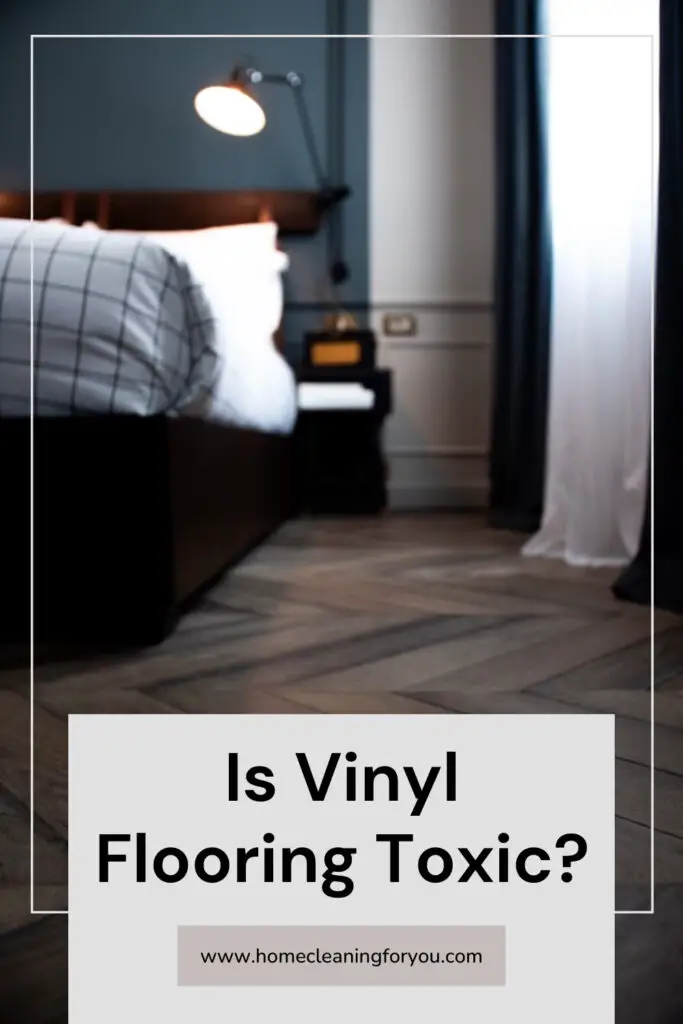
Reference
- Ncbi.nlm.nih.gov. 2022. Children’s Urinary Phthalate Metabolites and Fractional Exhaled Nitric Oxide in an Urban Cohort.
- Ncbi.nlm.nih.gov. 2022. Phthalate Exposure and Children’s Health.
- CRI. 2022. Benefits of Carpet.
- Involved, G., Work, O., Policy, P., Store, M., Facts, G., Us, A. and policy, P., 2022. Vinyl Chloride. [online] Safer Chemicals, Healthy Families.

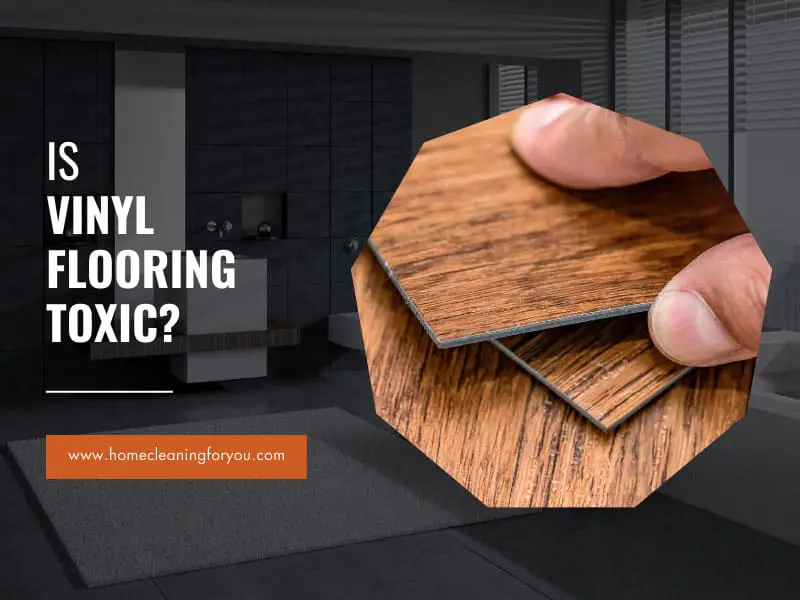
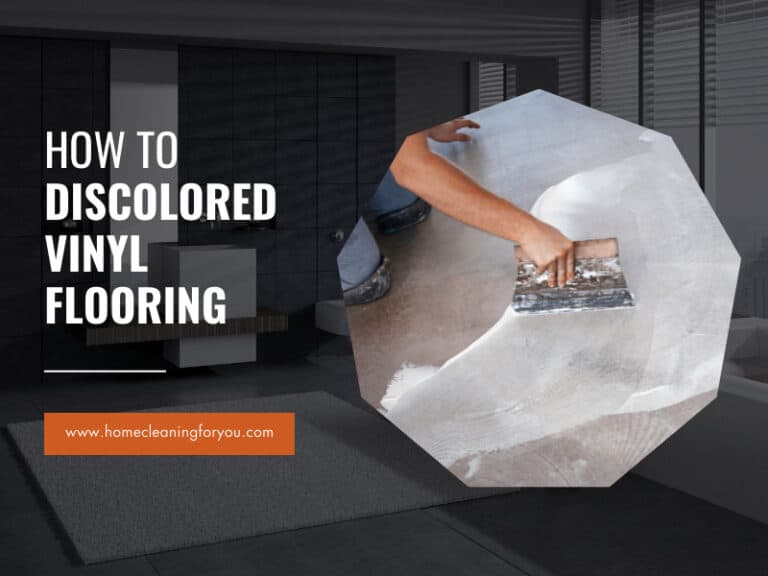
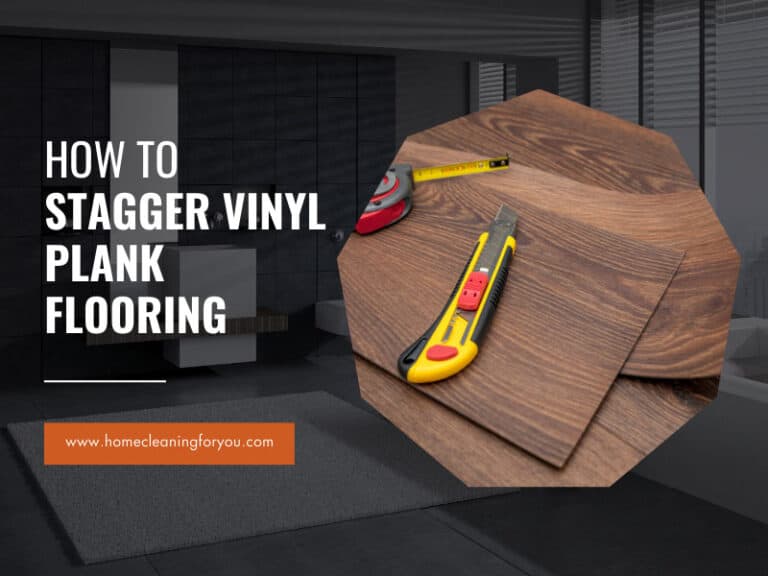

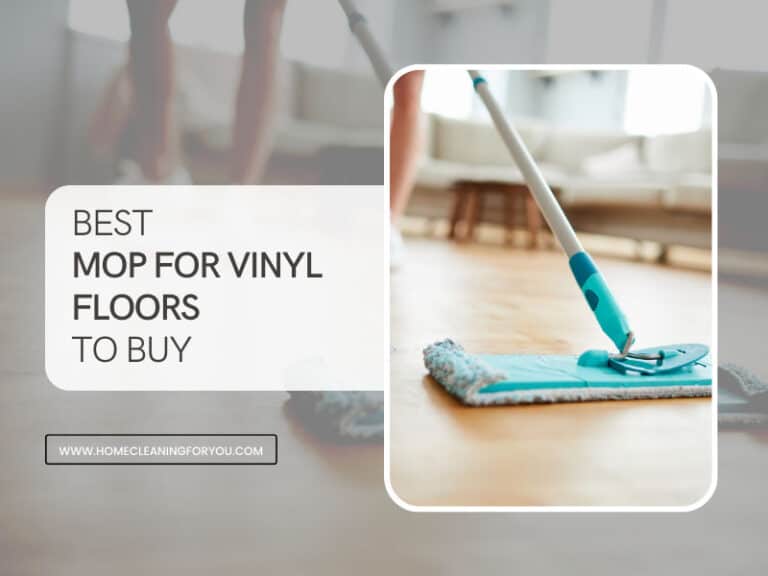
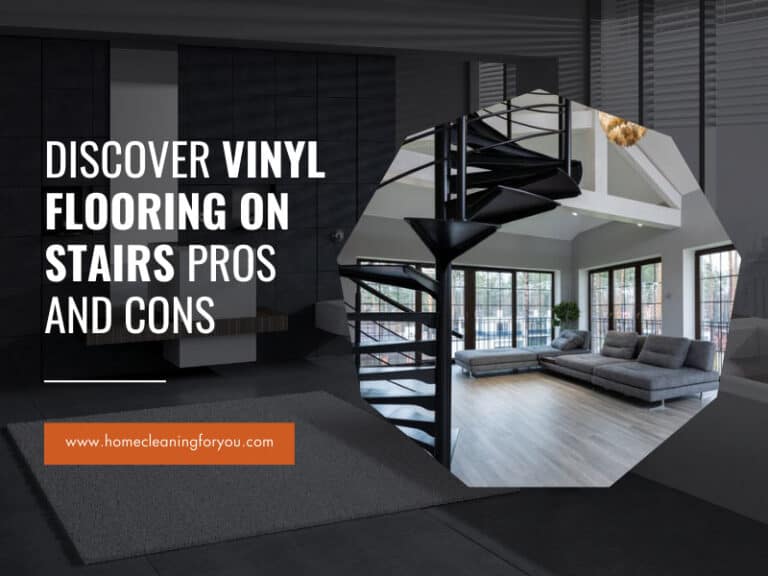

Kevin Jones
Home Cleaning Specialist
Expertise: In-depth Knowledge of Cleaning Agents and Their Uses, Advanced Home Sanitization, Techniques Expertise in Cleaning and Maintaining, Various Floor Types, Innovations in Home Cleaning Tools
School: American College of Home Economics
Kevin Jones is a seasoned home cleaning specialist with over a decade of experience in the industry. A stickler for cleanliness and organization, Kevin brings a systematic and innovative approach to home maintenance. His expertise ranges from traditional methods to modern cleaning technology, ensuring homes are not just clean but healthy environments too.